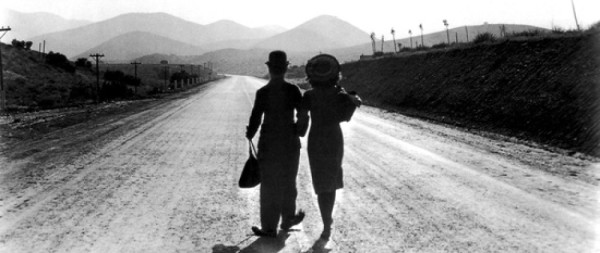The Bitter Tea of General Yen
Directed by Frank Capra
Written by Edward E. Paramore, Jr from a story by Grace Zaring Stone
1932/US
Columbia Pictures
IMDb page
Repeat viewing/Amazon Prime rental
One of 1001 Movies You Must See Before You Die
Megan Davis: It’s pretty hard to become acquainted with a man who ruthlessly slaughters helpless prisoners in one move, and in the next shows such a tender reverence for the beauty of the moon.
Frank Capra dazzles in a film well out of his normal wheelhouse.
The setting is China during the Chinese Civil War. People are fleeing the city when Megan Davis (Barbara Stanwyck) arrives to marry missionary Bob ((Gavin Gordon). Just as the wedding is about to take place, Bob rushes in saying the ceremony must be postponed so he can rescue some orphans stranded in the war zone. Megan insists on accompanying him.

Amid all the slaughter, warlord General Yen (Nils Asther) snatches Megan and takes her back to his palatial digs. The General is attracted from the start. Megan, having witnessed prisoners face a firing squad outside her window, is disgusted by his barbarity. But she can’t escape from her erotic dreams and thoughts about him. With Walter Connelly as the General’s American financial advisor and Toshia Mori as his unfaithful concubine.
 Frank Capra is not usually associated with foreign locales, atmospheric cinematography, or epics. He does a fine job here. Everything is spot on from the acting to the art direction. Contemporary audiences did not feel the same and it was one of Capra’s few commercial failures. The film was banned in Britain. Highly recommended.
Frank Capra is not usually associated with foreign locales, atmospheric cinematography, or epics. He does a fine job here. Everything is spot on from the acting to the art direction. Contemporary audiences did not feel the same and it was one of Capra’s few commercial failures. The film was banned in Britain. Highly recommended.
The Bitter Tea of General Yen was the first movie to play at New York’s Radio City Music Hall.
Fan made trailer
Clip



 It’s no surprise that Stanwyck was excellent in this film. George Brent kind of surprised me with his sensitive performance. Wellman captures many beautiful scenes on the farm. I like this kind of story where men and women have to learn to know each other and highly recommend this film.
It’s no surprise that Stanwyck was excellent in this film. George Brent kind of surprised me with his sensitive performance. Wellman captures many beautiful scenes on the farm. I like this kind of story where men and women have to learn to know each other and highly recommend this film.




 Stanwyck is by far the best actor in this movie. Though this is not a comedy, she exudes a charm and pep in the early love scenes that provide an early glimpse of her talents as a comedienne. Other than that, the movie just seemed to plod along while not really being long enough to earn its rushed ending.
Stanwyck is by far the best actor in this movie. Though this is not a comedy, she exudes a charm and pep in the early love scenes that provide an early glimpse of her talents as a comedienne. Other than that, the movie just seemed to plod along while not really being long enough to earn its rushed ending.















 This Pre-Code classic is great fun what with all the disrobing, fisticuffs, and straighttalking (“you mother!”). It combines two of my favorite things – a feisty Barbara Stanwyck and a great pre-code vibe. Add in Blondell and Gable and you’re in essential territory. Highly recommended.
This Pre-Code classic is great fun what with all the disrobing, fisticuffs, and straighttalking (“you mother!”). It combines two of my favorite things – a feisty Barbara Stanwyck and a great pre-code vibe. Add in Blondell and Gable and you’re in essential territory. Highly recommended.